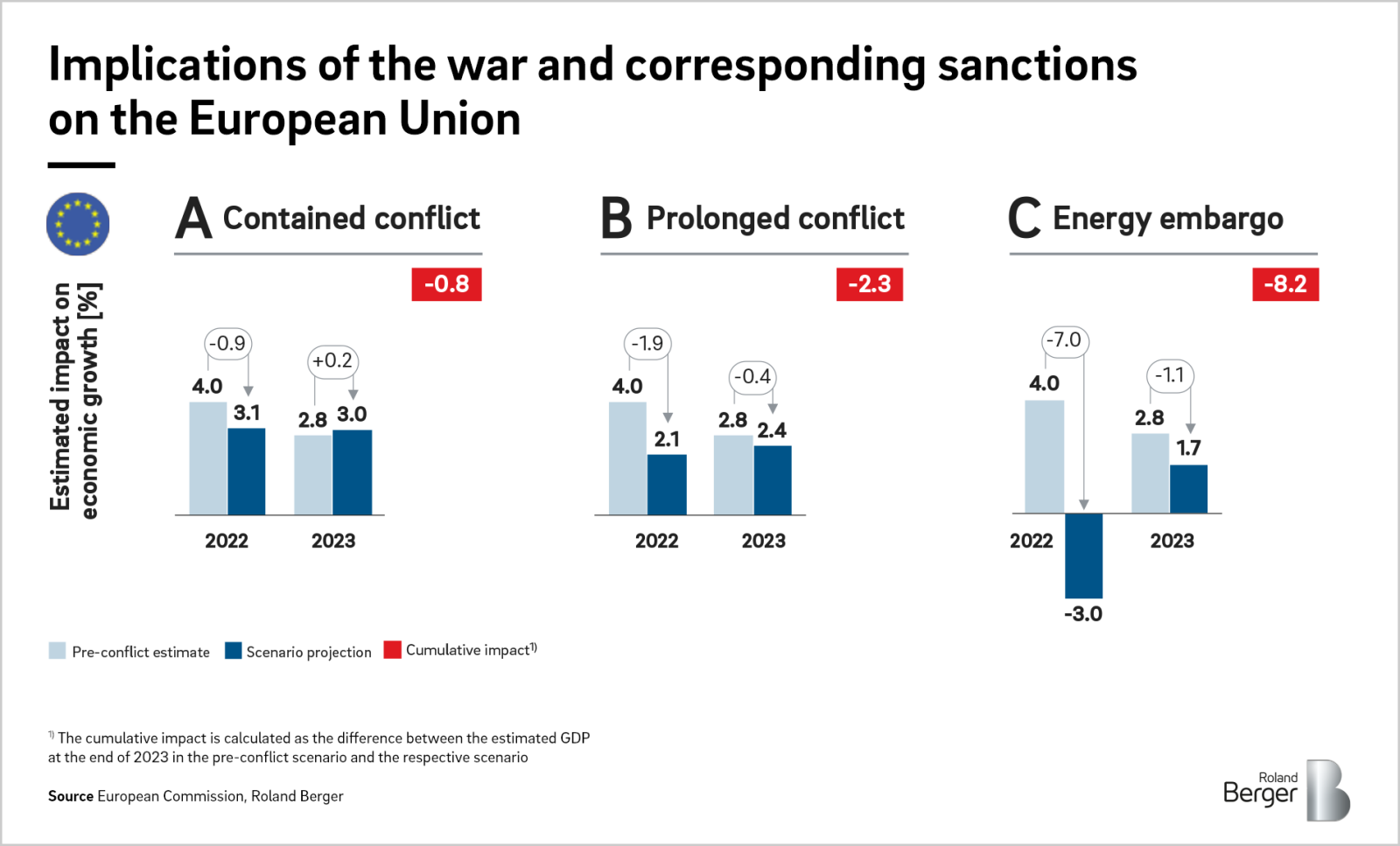
Assessing Panel Performance: A Guide to Solar Efficiency
Solar panels are a key component of renewable energy systems, but understanding their performance is crucial for optimizing energy production. This article provides a comprehensive guide on how to assess solar panel performance, ensuring you get the most out of your solar investment.
Understanding Key Performance Metrics
Before diving into assessments, it’s essential to grasp the key performance metrics of solar panels. Efficiency, degradation rate, and temperature coefficient are crucial factors. Efficiency measures how well the panel converts sunlight into electricity. Degradation rate indicates the rate at which the panel’s performance declines over time, and the temperature coefficient assesses how well the panel performs in varying temperatures.
Regular Monitoring for Early Detection
Regular monitoring is fundamental in assessing solar panel performance. Utilize monitoring tools and software that provide real-time data on energy production, system voltage, and current. Early detection of performance issues allows for prompt troubleshooting and maintenance, preventing long-term efficiency loss.
Inspecting Physical Condition
Physical inspection is a hands-on approach to assessing solar panel performance. Check for any visible damage, such as cracks, delamination, or discoloration. Clean the panels regularly to remove dirt, dust, or debris that can hinder sunlight absorption. Keeping panels physically intact and clean contributes to optimal performance.
Analyzing Energy Production Trends
Analyzing energy production trends over time provides valuable insights into panel performance. Compare energy production data monthly or annually to identify patterns or deviations. Sudden drops in production may indicate a malfunction, shading issues, or other factors affecting efficiency.
Assessing Inverter Efficiency
Inverter efficiency is closely tied to overall system performance. Regularly assess the efficiency of the inverter, as it converts the DC electricity generated by solar panels into AC electricity for use in your home. Inverter malfunctions or inefficiencies can significantly impact the overall output of your solar system.
Temperature-Induced Performance Checks
Solar panel performance is temperature-sensitive, and excessive heat can affect efficiency. Assess how well the panels perform under different temperature conditions. Understanding the temperature coefficient helps anticipate how much performance might degrade in hotter climates, allowing for appropriate system adjustments.
Utilizing Performance Ratios
Performance ratios, such as the performance ratio (PR) and the capacity factor, provide an overall assessment of solar panel efficiency. PR compares actual energy production to expected production, while the capacity factor evaluates the system’s overall efficiency over a specific period. These ratios help gauge the effectiveness of your solar investment.
Comparing Actual vs. Expected Performance
Compare the actual performance of your solar panels against the expected performance outlined by the manufacturer. Deviations from expected values may indicate potential issues, and manufacturers often provide performance warranties that cover such discrepancies. Regularly comparing actual and expected performance ensures you are within warranty parameters.
Professional Performance Audits
For a comprehensive evaluation, consider professional performance audits. Energy professionals can conduct detailed assessments using advanced tools and techniques. These audits may include infrared imaging, electrical tests, and shading analysis, providing a thorough understanding of your solar system’s health.
How to Assess Panel Performance: Visit Corpodaration
Learn more about assessing solar panel performance and optimizing your solar investment at Corpodaration. The platform offers additional resources and information to help you make informed decisions about your solar energy system.
Conclusion: Maximizing Solar Investment
In conclusion, understanding how to assess solar panel performance is integral to maximizing your solar investment. Regular monitoring, physical inspections, data analysis, and professional audits contribute to efficient and trouble-free solar energy production. By actively assessing and addressing performance issues, you ensure that your solar panels continue to generate clean and sustainable energy for years to come.




